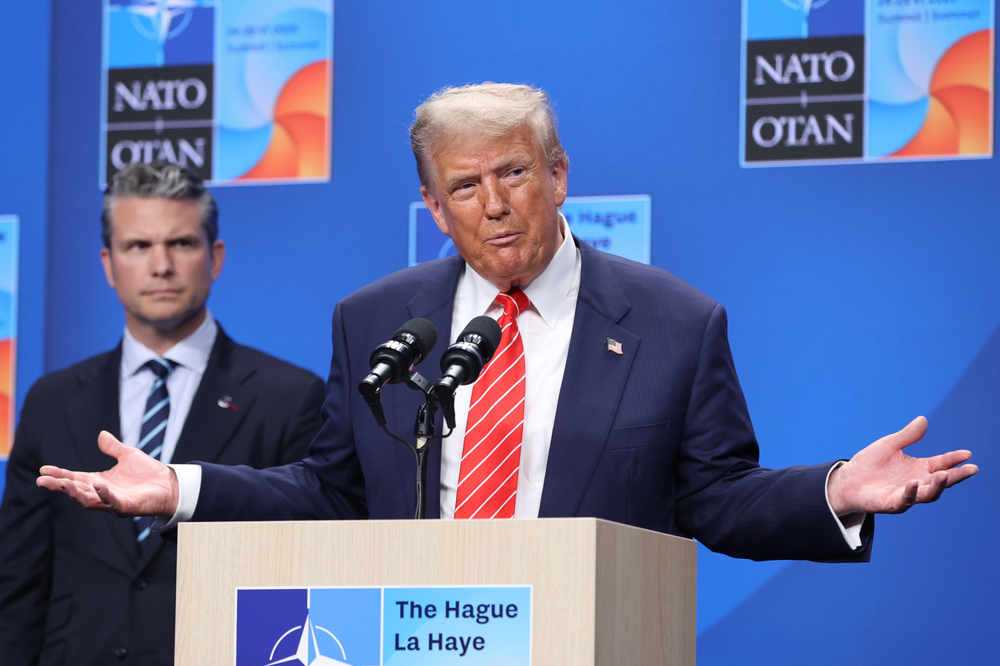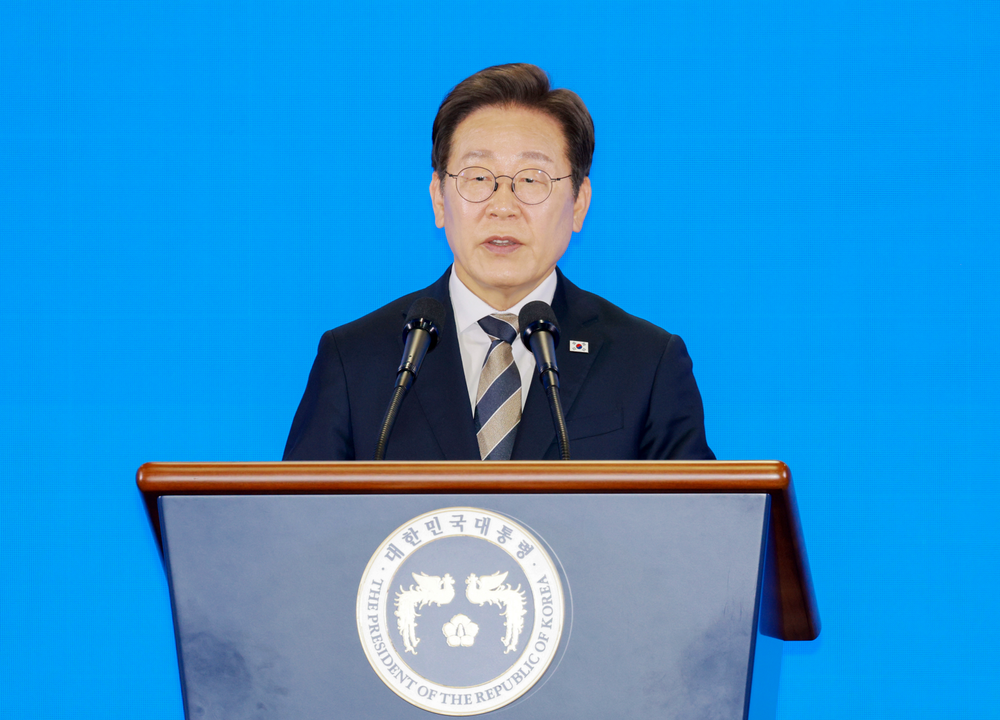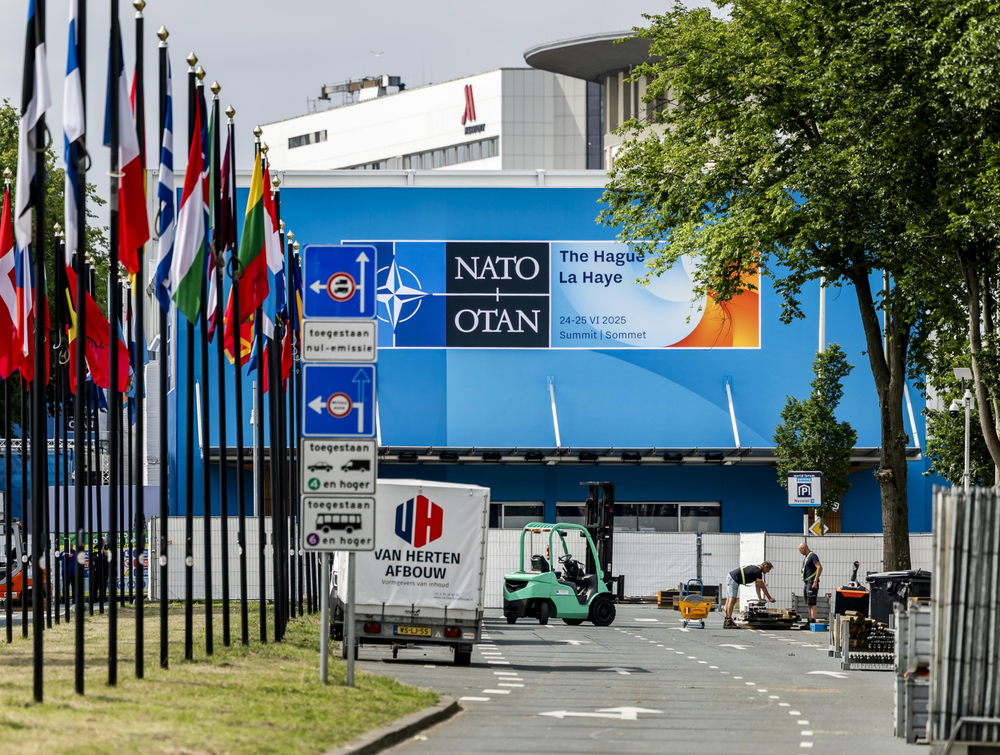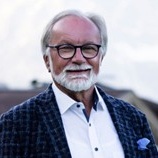
- #Security & Defense
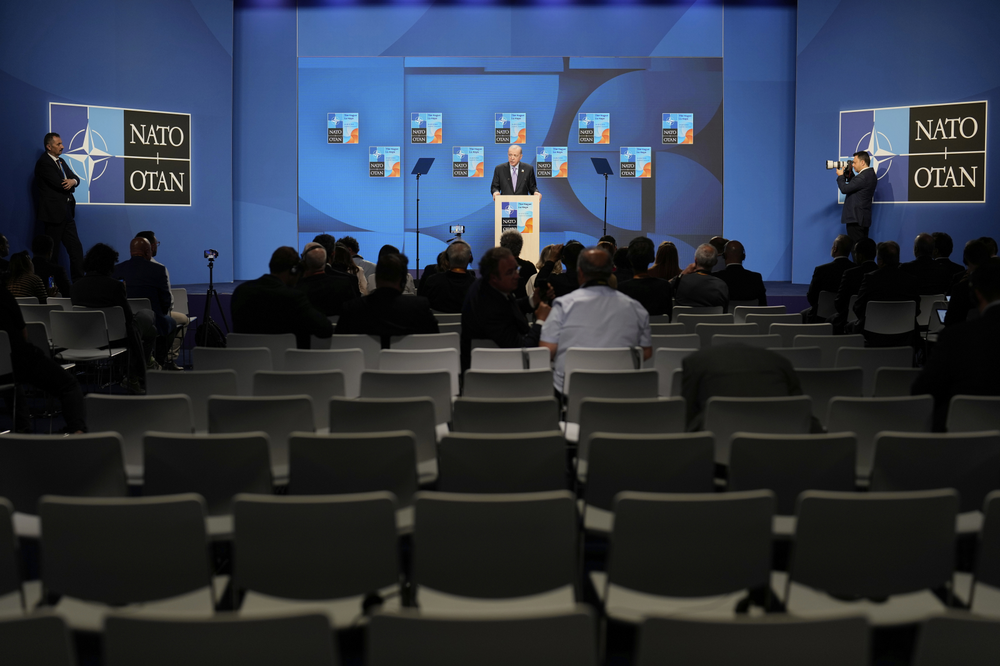
- Three out of the four IP4 partners (South Korea,
Japan, Australia) declined the invitation to attend on short notice.
- Efforts to move the IP4 partnership from dialogue to
action in operational, defence industrial, technology cooperation, and maritime
security risks faltering, thereby weakening its intended deterrence,
particularly to prevent a ‘Taiwan contingency’.
- President Lee's absence due to urgent domestic
matters could be beneficial for South Korean politics.
Volatility and change are the defining characteristics
of contemporary politics. Rather than focusing on the outcomes of President
Lee's participation in the NATO Summit in The Hague, this analysis centres on
the implications of non-participation.
Three out of the four IP4 partners (South Korea,
Japan, Australia) declined the invitation to attend on short notice. Only the
New Zealand Prime Minister proceeded with the visit, as it was part of a larger
trip that included Beijing, Brussels and the Flanders Fields. This
non-attendance deviates from the tradition established at the 2022 Madrid
Summit.
First, there is a valid logistical reason: having just
returned from the G7 Summit in Canada, another long-distance flight would keep
key decision-makers out of domestic politics at a crucial time. While this fact
was known from the outset, it weighs in stronger for President Lee Jae-myung,
who is only a few weeks into his presidency.
Second, expectations have changed. Unlike previous
summits, The Hague summit focused more on ‘internal’ matters rather than
programmatic issues. NATO members struggled in advance to agree on a 5% of GDP
defence spending increase by 2035, dividing it into 3.5% for defence and 1.5%
for related infrastructure to reach a compromise. President Trump, known for
his lack of enthusiasm for NATO, made organisers arrange a lavish dinner, an
overnight stay in the Dutch royal palace, and only one brief working session to
keep him engaged.
Avoiding a direct discussion of Article 5, NATO's core
deterrence principle, to prevent Trump from questioning it, was not only
uninspiring but spread doubt about the Alliance’s cohesion, although finally
confirmed as “ironclad commitment”.
Third, all IP4 leaders were disappointed that at the
G7 Summit the planned meetings with President Trump did not materialise because
of his premature and abrupt return to Washington, allegedly because of the
Israel-Iran war. Another disappointment would have conveyed the message of US
disinterest and gone down badly with the respective publics and therefore had
to be avoided. Kiwi PM Christopher Luxon suffered this fate; despite attending
the NATO summit, he was not granted an audience. This aspect was especially
important for President Lee as he is looking for the opportunity for his first
personal encounter with the US president to discuss economics, security and the
alliance.
A missed opportunity or a smart move?
The short Summit statement did not refer to the
Indo-Pacific, Asia, China, North Korea and Russia, in stark contrast to the
2024 Washington Declaration (“The Indo-Pacific is important for NATO, given
that developments in that region directly affect Euro-Atlantic security.”).
This is also contrary to the preceding G7 statement which contains a whole
paragraph on the Indo-Pacific and China. While this can be explained away by
the above-described specific nature of this summit, there remains a stale
taste. NATO’s outreach to the Indo Pacific and a considerable public diplomacy
effort to present itself in the region aimed at conveying the message that the
Trans-Pacific and the Trans-Atlantic theatres are closely linked as there is
only one security; China had been singled out as being of special concern.
This narrative certainly damaged trust in the US as a
reliable alliance partner and main security provider, not only in Europe but
also in Asia. This spurred a discussion in the IP4 countries: South
Korea’s public sees value in going nuclear; Japan as well as New Zealand are
planning a conventional upgrade; Australia worries about an announced AUKUS
review impacting its nuclear submarine project, which came at a significant
diplomatic cost after shifting away from France.
If the non-participation aimed to avoid discussing the
increase in defence budgets, it will not stop the topic from being imposed by
the US. South Korea had tried at the closing days of the Biden
Administration in October 2024 a pre-emptive strike in settling with the US for
on a new five-year deal, consisting of an increase of 8.3% in the first year
(reaching $1.125 billion) with further annual increases at maximum of 5%. The
likelihood that President Trump returns to the Korean “money machine” is high.
In addition, South Korea has already built Camp Humphrey, the largest US
overseas military base, at the considerable cost of US$11 billion. The other
three IP4 partners will not be spared either.
Efforts to move the IP4 partnership from dialogue to
action in operational, defence industrial, technology cooperation, and maritime
security risks faltering, thereby weakening its intended deterrence,
particularly to prevent a ‘Taiwan contingency’.
This is in stark contrast to the statement on the
official NATO website: ”In today’s complex security environment, relations with
like-minded partners are increasingly important to address cross-cutting
security issues and global challenges. The Indo-Pacific is important for the
Alliance, given that developments in that region can directly affect
Euro-Atlantic security.”
A lower-level meeting of officials from the IP4 with
SG Rutte confirming in a statement everything one had expected the leaders to
confirm, is an exercise of damage control but cannot conceal the return of the
Transatlantic focus, not least as the US regards the Transpacific as its main
domain.
Domestic politics in South Korea
President Lee's absence due to urgent domestic matters
could be beneficial for South Korean politics. Already candidate Lee Jae-myung
had hinted in May that he might not participate in the NATO summit and was
critical of the foreign policy of his by now disgraced predecessor Yoon
Suk-yeol who had attended three NATO summits.
Thus, he appeals to parts of his former Democratic
Party that are wary of closer US ties and want to avoid upsetting China and
Russia. At the same time in counterbalancing the presidential absence and
making good use of the damage-control exercise mentioned, the National Security
Advisor Wi Sung-lac, acting as special presidential envoy, established with
NATO Secretary General Rutte a working-level consultative body on defence
industry cooperation to discuss specific measures to enhance cooperation in the
sector. Considering South Korea’s multibillion dollar arms sales to backfill
Ukraine, this move appears to be an early expression of President Lee’s
‘pragmatic foreign policy’, based on South Korea’s national interest.
Finally, President Lee as the host of the 2025 APEC
Sumit at the end of October in Gyeongju, has a strong interest to attract
leaders. This includes Chinese President Xi for a long-awaited summit. The APEC
summit also serves as an alternative opportunity for a meeting with President
Trump to discuss trade and security issues, if neither an earlier bilateral
meeting nor one in the margins of the UN General Assembly are feasible. This
assumes that Trump's interest in trade deals may motivate him to attend the
APEC Summit.

Dr. Michael Reiterer (michael.reiterer@vub.be ) Professor for International Security, Diplomacy and Strategy, Brussels School of Governance; Adjunct Professor for International Politics, University of Innsbruck (habilitation 2005, PhD equivalent), Webster University/Vienna, LUISS/Rome, Danube University/Krems; Guest professorships at Ritsumeikan University/Kyoto, Kobe and Keio University/Tokyo. Associate Fellow – Global Fellowship Initiative, Geneva Centre for Security Policy (GCSP), Senior Advisor at Centre for Asia Pacific Strategy (CAPS), Washington DC, Austria Institute for Europa and Security Policy (AIES) Vienna, and Vienna Institute for International Economic Studies (WIIW). Ambassador of the European Union to the Republic of Korea (2017-2020), Switzerland and the Principality of Liechtenstein (2007-2011) rtd. Previously Minister, Deputy Head of EU-Delegation to Japan (2002-2006); ASEM Counsellor (1998-2002); Minister-Counsellor, Austrian Mission to the European Union (1997-98); Counsellor, Austrian Mission to the GATT (1990-92); Austrian Deputy Trade Commissioner to Japan (1985-88) and Western Africa (1982-85). Panellist at WTO dispute settlement; Co-chair Trade of Joint Group of Trade and Environment Experts, OECD. Honorary citizen of Seoul (2020); Order of Merit in Silver with Star, Government of the Republic of Austria (2018).
